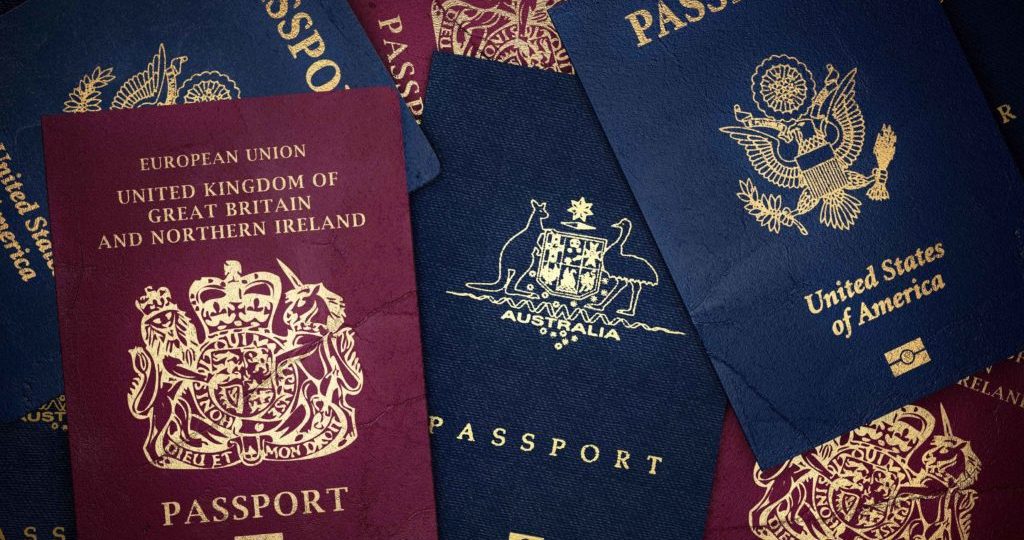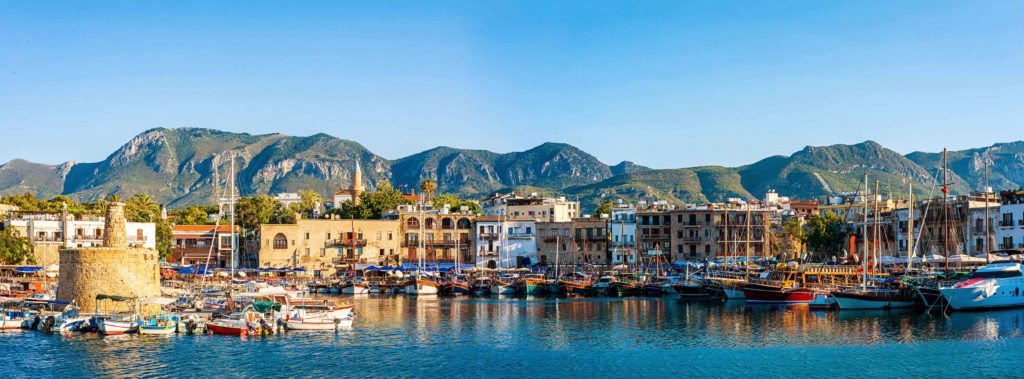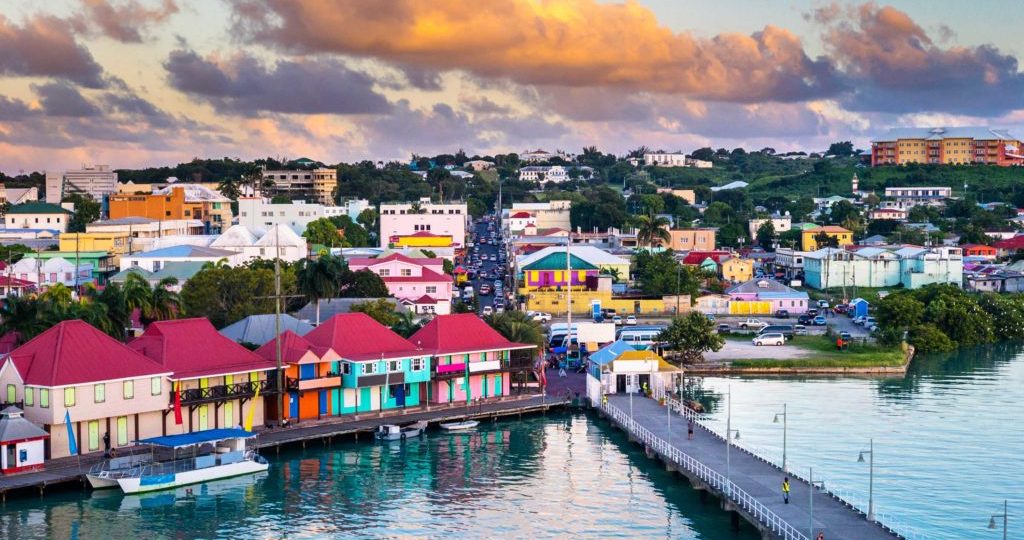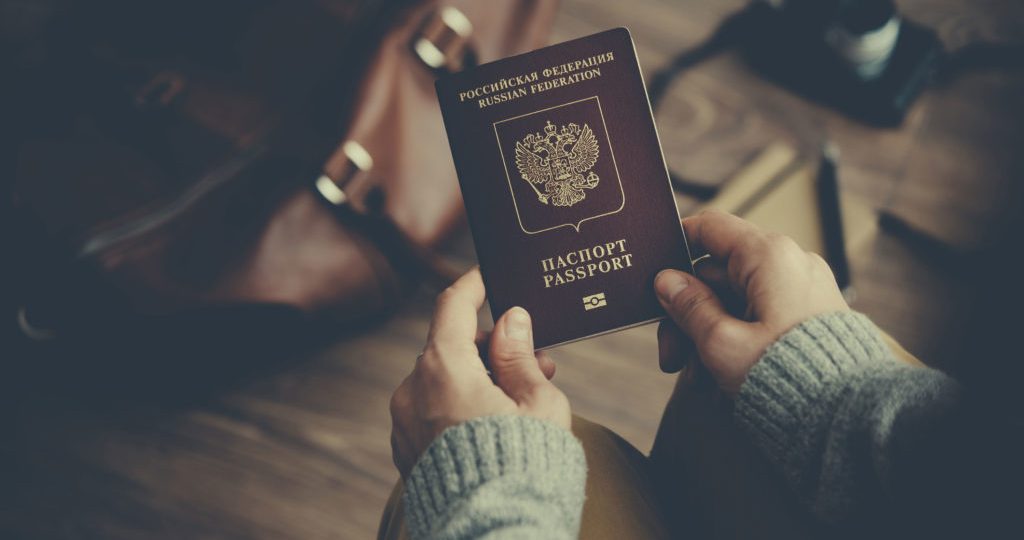Opening your citizenship options
“We also have clients from unaffected areas for different reasons,” says Savory. “We have a lot of European clients who want to be more private about their financial affairs. We have had British nationals who have adopted children from another country and the children have had their passports revoked by that country. South Africa is now under a lot of taxation, and people are wondering what is the value of their passport.”
Many of his clients are looking for protection against future events, and a document that allows them freedom of movement and freedom to do business around the world.
Savory says: “Underpinning all of this is that it is an insurance policy. For the same reasons that everyone gets life insurance or travel insurance. This is exactly the same. It is like having a trust. Everything is protected. And this protection extends to your children. If you have a Syrian passport, your children will have their opportunities in education and future careers limited by the travel document that they inherited.
“There are three basic reasons for people wanting an alternative citizenship. It is about financial security. Knowing that you can both establish a business in another country and open a bank account for that business without prejudice. Second is freedom of travel. Knowing that whether you are Sunni, Shiite, Christian or Hindu. It doesn’t matter. You can get to the country you need to visit for business or for pleasure. Then you have tax incentives – no one wants a second passport where they pay tax. These plans offer less or zero tax.”
Established programmes
Savory and Partners offers assistance with applications to the seven countries that have established citizenship by investment programmes. And some are surprisingly well established. Savory says: “The first programme was founded in 1984 in St Kitts and Nevis and the second in 1993 in the Commonwealth of Dominica. They did very well and raised great revenues. In the last five years, Cyprus, Malta, Antigua and Barbuda, Grenada and St Lucia have all established clearly defined, legal programmes.
“They looked at what was happening and realised that they could create another revenue stream, especially as Cyprus and Malta offer EU passports that attract a higher price. And there will be more in 2018 as well. These countries see it as another way to diversify their income from industries and services, and given all seven countries are tax free jurisdictions, it creates revenues that would otherwise come from taxes.”
There are a number of other countries that are often mentioned when discussions of second passports come up, including other EU member states, but Savory does not encourage those who can afford the investment to consider these, as the legal structure is not in place.
He said: “There are residency programmes where, depending on various criteria, you could get the passport. These include Austria, Bulgaria, Spain and Portugal. But these are not places where I can sign a contract and say in writing that I will get you the passport, as there is nothing definitive in the law that would suggest it is guaranteed.”
It is an unregulated business, and shady offers abound for passports from various South American, Eastern European or African countries, taking advantage of corrupt regimes or underfunded governments. But without a contract to guarantee your investment, no receipts or legal paper trail, you could lose both money and passport. Or have your documents rescinded in the future.
So how does an investor looking to secure a safe second citizenship, decide on the right country for him and his family? It is a question of money, time and what suits your circumstances.
Savory explains: “The vast majority of clients would like an EU passport, as it gives visa-free access to most countries around the world and the ability to live and work anywhere in the EU. These are available, but the demand for EU citizenship and the benefits that it bestows on its holders means they are the most expensive and take longer to obtain.
“Malta costs over €1million, with the investment, the bond and the purchase or rent of real estate. Cyprus is over €2 million. Both countries also have residency requirements – Cyprus is six months and Malta is 12 months, although this does not mean you will have to remain in the country for that time continuously.”
The Caribbean countries are more financially accessible, starting at around US$100,000, and have zero residency requirements, apart from Antigua and Barbuda which is just five days. The total processing time is three to five months. Most of the five Caribbean governments have recently dropped their fees, due to the rising competition in the market. And that competition is expected to expand in the near future, as more countries want to access this ready revenue stream.
Savory says: “There will be some new citizenship by investment opportunties introduced this year, with structured and legal programmes. A number of countries are working on it, including some in the EU, but these will arrive slower, as they have to get ratification from the other EU member countries. When they do arrive they will be much more onerous. There will be more protocol and they will be more expensive, but worth it to some investors.”
The Dubai-based team is expecting a greater demand this year, as global uncertainty continues. He says: “Our office and our staff is the biggest in the Middle East, and we have a high volume of applications, but we are also very transparent. For the company to be Government authorised we had to jump through many hoops. The company and myself as owner underwent thorough due diligence, just like any citizenship applicant. The next step was to prove we could bring the volume of applications but also demonstrate a very high application success rate.”
If Savory sounds confident in his abilities, it is because the team handles thousands of passports per year, with a rejection rate of less than one per cent.
“When you apply for a second passport, you are either rejected or approved. If you are rejected, then there is something in your background that the government felt was reason for denial. It is always advisable to consult with your citizenship agent before applying and to be transparent in your application. Most of the rejections we have had, the client has subsequently confessed to hiding information from us and the government,” he explains.
Only one shot
Savory sounds a very cautionary note, explaining that while there is now more choice, it is getting harder to apply successfully, and the effects of rejection can be widely felt.
He says: “There are more and more layers of control and due diligence, and I’m happy with that. Just like many other industries there are some less ethical agents. A professional can look at your application and point you in different directions.
“But other things are happening. With the establishment of the Joint Regional Communications Centre in the Caribbean, if you are banned in one country that information is automatically shared with the other four. It used to happen that if you were banned in one place, some agents just took back your application, switched it around and applied somewhere else. That doesn’t happen anymore. You now have one chance to make it happen – and if you are rejected in Caribbean, then you have to find a million euros and apply for Europe.
“The second scary thought is that if you have a visa rejection from any country that has a visa waiver agreement with the country you are applying for, you are ineligible to apply for citizenship. So if you apply for a visa for the UK and you get turned down, straight away 80% of your options are gone, as the Caribbean countries have visa waiver agreements with the UK. These two things have only been instituted in 2017. They were not in place before.”
He concludes: “This is a great time to get a second passport as the cost of entry for such strong citizenships has never been lower, and thousands of people are doing so successfully and enjoying the benefits. There is more choice and the investments are becoming more competitive. But it is not straightforward, it is not easy, it is not guaranteed and it is harder than it has ever been. Make sure you think twice about who you use to help you, and look for the accreditation to be secure.”











